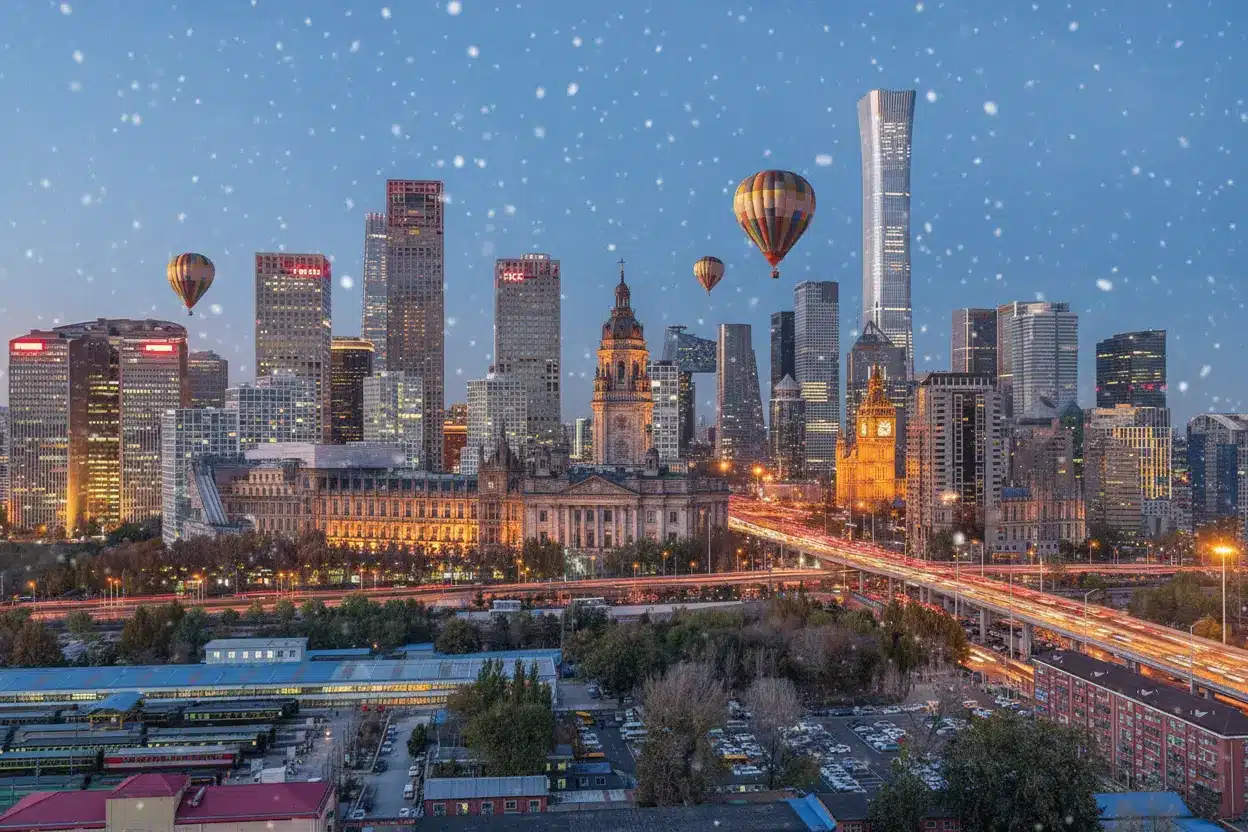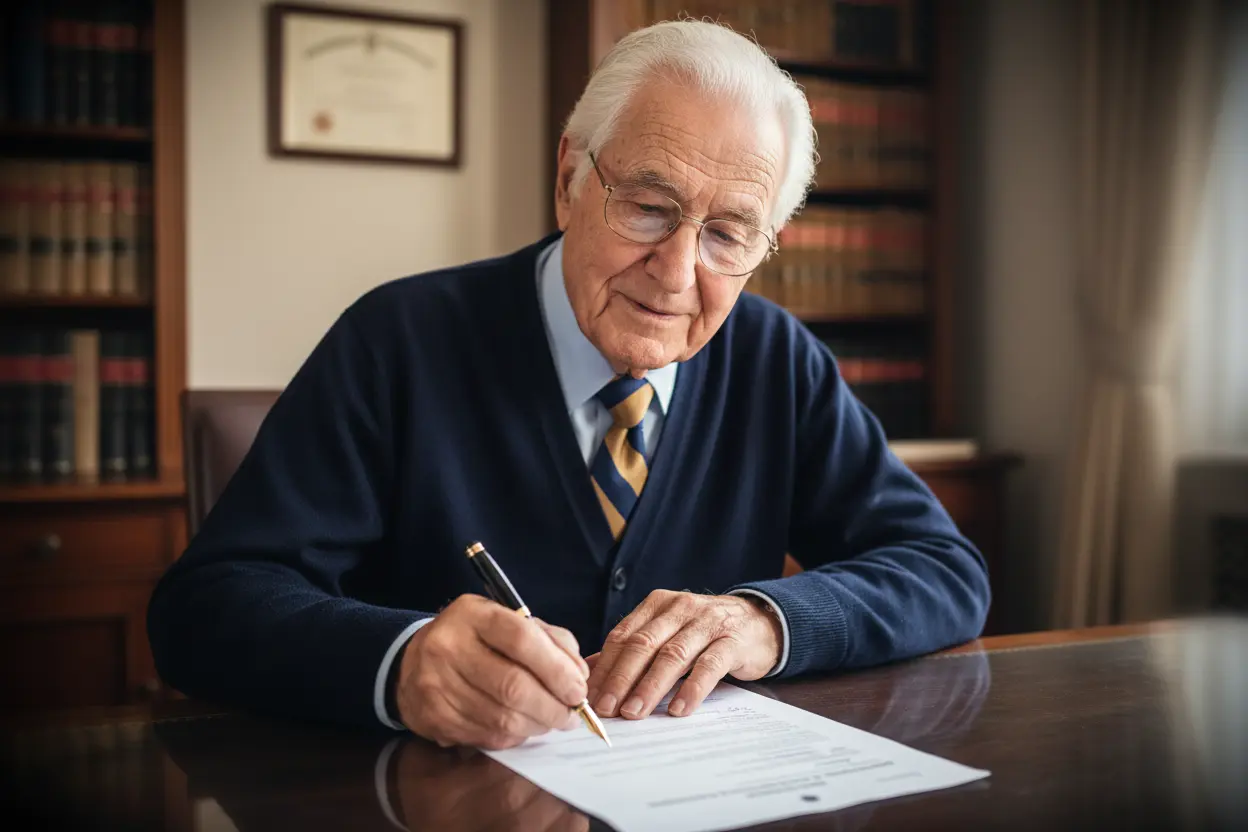Back in Europe for 15 days and I’m depressed: An entrepreneur reveals why returning from China is so disheartening
The Expat Experience: Leaving and Coming Home
Everyone who has ever packed their bags to live abroad learns a universal truth: leaving is tough, but coming back can be even tougher. Sure, adventuring into the unknown is a cocktail of excitement, adaptation, and—let’s admit it—a pinch of being uprooted. But what rarely gets the limelight is how returning « home » after a long stint in a society with a wildly different perspective feels so startling. It’s not just about swapping time zones and jet lag. Where you’ve lived shapes how you see things. And nowhere is that culture shock sharper than for those who swap the dynamism of East Asia for Europe’s familiar shores.
A Question of Mindset: The Asian Pace versus European Stillness
Life in Asia—China, South Korea, or Japan—runs on a different set of tracks. Here you’ll find collective discipline, a robust sense of service, and eye-popping execution speed. These aren’t just footnotes in a tourist guide; they change your daily habits for good.
But it’s not just about picking up the habit of bowing or learning to appreciate karaoke nights. When expats return to Europe, many find themselves frustrated—sometimes downright exasperated—by a newfound awareness of how slow everything seems. The public administration, the customer service, and, to cap it all, the professional environment often feel, well, a little less lively. The difference isn’t just penned to paperwork. Transport, restaurants, banking, even medical services get drawn into the comparison, all coming up wanting next to the dazzlingly digitized and fast-paced Asian context.
The Adrian Díaz Dilemma: Adapted Abroad, Disillusioned at Home
Adrián Díaz, a Spanish entrepreneur in his sprightly fifties, knows this feeling all too well. Seeking new professional horizons, he set up shop in China—and didn’t just survive, he thrived, adjusting to life at the other end of the world. As he shares on the podcast ConPdePodcast, mentioned in Spain’s La Vanguardia, the real jolt came when he tried going back.
Díaz puts it plainly: « I stay 15 days and I want to leave again. » Why? Sharing a coffee with his old friends felt like stepping into a time machine on repeat. « The same conversations from 20 years ago, » he sighs. At the root of this deja-vu: a major source of Spanish anxiety—the housing bubble. It’s a headache that locks an entire generation out of the housing market, especially young people. But in China, the story is quite different.
Still, Díaz doesn’t put on rose-tinted glasses about China either: « I don’t know if the real estate crisis will explode in China tomorrow, » he says, but what he’s certain of is the country’s relentless economic growth—4%, or even 5% projected for 2024. That’s a marked contrast to Spain’s 3.2% growth last year. Yet, it’s not a paradise; Díaz is clear-eyed that economic regulations in China are, let’s say, flexible—and not always followed by the book.
- Fast-paced execution is the daily norm in countries like China, South Korea, and Japan.
- Returning expats often struggle with Europe’s relatively slower administrative processes and services.
- In Spain, ongoing issues like the housing bubble dominate conversation and concern.
- Chinese economic growth stands in stark contrast to more modest gains in Spain and much of Europe.
As Díaz points out, « Over there, everyone pays under the table. The Chinese government knows it perfectly well but gives them carte blanche, since clamping down would wipe out entire sectors. » In his eyes, Europe seems adrift in a bubble, frozen in its regulations and lacking the same drive for economic energy. The bottom line? Coming back feels less like a homecoming and more like being caught in a snow globe—pretty, nostalgic, but a bit stuck.
Conclusion: Seeing with New Eyes—And Where to Next?
The real challenge for returning expats isn’t just missing the street food or the neon city lights. It’s grappling with a shift in perspective—a sense that home hasn’t quite kept up, or isn’t asking the same hopeful questions about the future. Díaz’s testimony is more than just post-trip blues; it’s a wake-up call. Maybe the next time we meet a friend “just back” from a far-off land, we can swap our favorite housing-bubble gripes for something a little fresher. After all, there’s a world of new possibilities out there, and every return can open the door to seeing the familiar in a whole new light.

John is a curious mind who loves to write about diverse topics. Passionate about sharing his thoughts and perspectives, he enjoys sparking conversations and encouraging discovery. For him, every subject is an invitation to discuss and learn.






